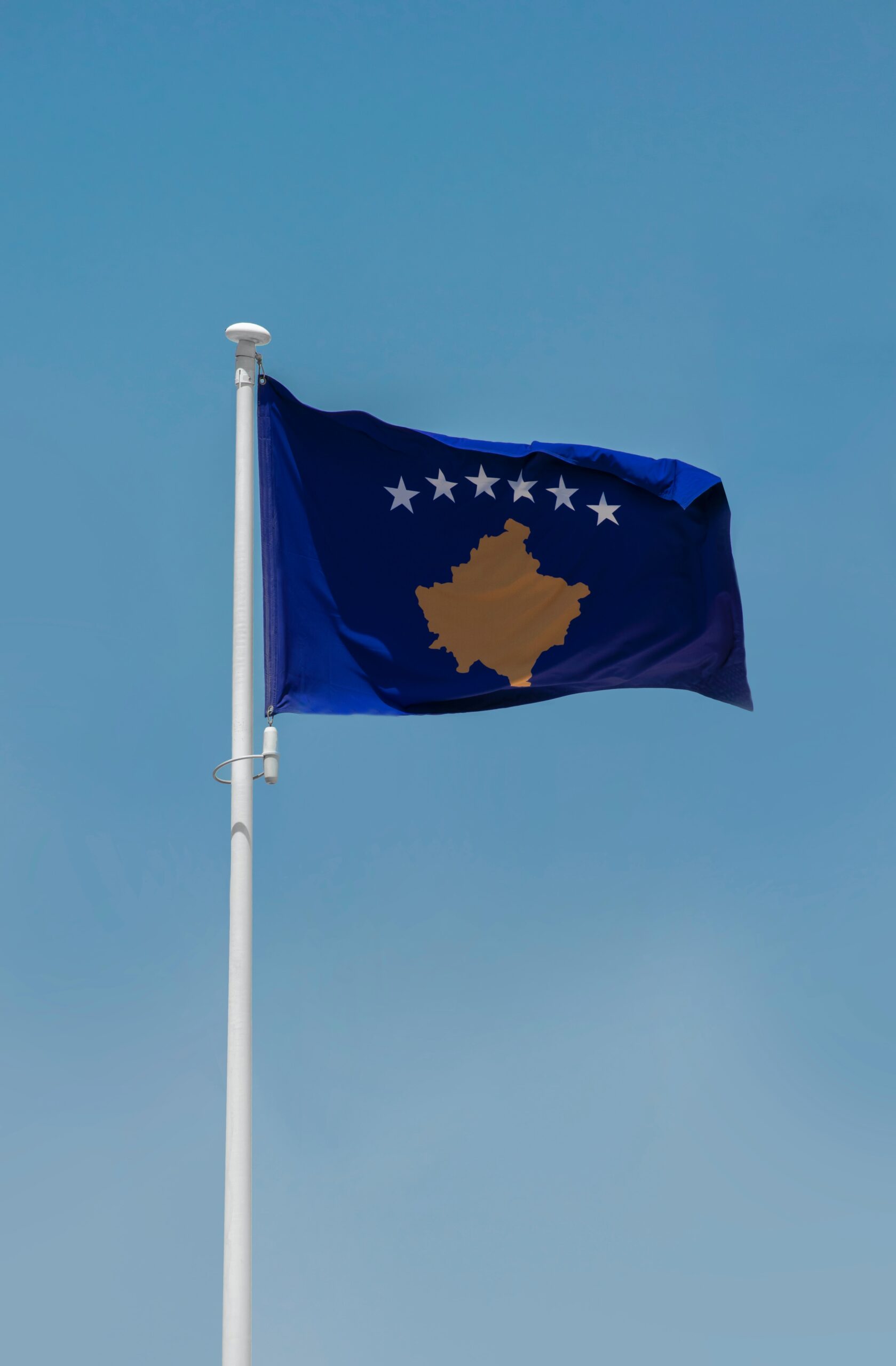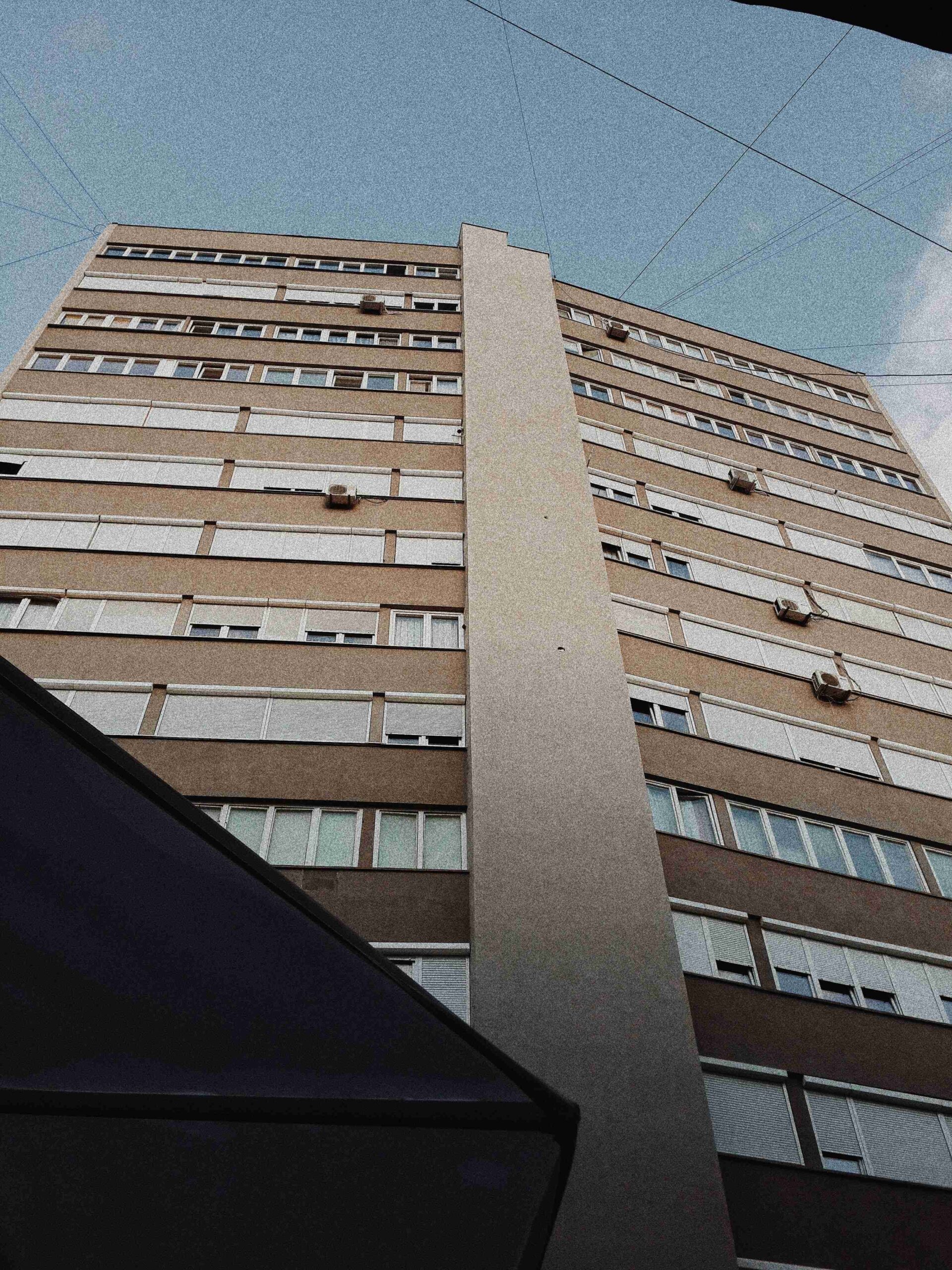Since the Kosovo War ended on June 10th, 1999, the international community has allocated an extensive amount of official development assistance (ODA) to transform Kosovo from a territory with minimal critical infrastructure into a functional liberal democracy. While many intergovernmental organizations have been involved in this endeavor, the European Union (EU) has been the one most responsible for its outcome. The international organization has remained the largest donor of ODA to Kosovo, transferring over $4 billion in technical assistance, financial grants, as well as concessional loans to build democratic institutions and social structures. Yet, despite this, Freedom House does not classify Kosovo as a democracy, but rather a ‘transitional or hybrid regime’. Indeed, although democratic institutions exist within the country, their functionality is considerably hindered by patronage, clientelism, and nepotism. Hence, the following inquiry arises from this reality. Why has the EU failed to transform Kosovo into a functional liberal democracy using ODA?
The most common response given by EU pundits provides a compelling answer. According to these officials, persisting tensions between Kosovar Albanians and ethnic Serbs render ODA ineffective because the threat of violence creates systematic risks that deter foreign direct investment. As a result, macroeconomic growth stagnates, while local politicians are forced to rely upon corrupt practices to meet ‘development’ objectives; a reality that creates a sociopolitical environment where the consolidation of liberal democracy becomes an untenable objective since resources are continuously misallocated. However, this narrative conveniently suggests that the EU is not responsible for Kosovo’s development trajectory. Yet, an intricate analysis of ODA allocation to the country reveals that just the opposite is true.
UNMIK and the European Union’s Liberal Peacebuilding Framework
Beginning on June 10th, 1999, the international community had complete control over the post-war reconstruction of Kosovo. On this day, the United Nations Security Council adopted United Nations Security Council Resolution, 1244. The resolution authorized the United Nations Secretary-General to establish an ‘international presence’ within the country, which later became a ‘protectorate’ known as the United Nations Mission in Kosovo (UNMIK). Under UNMIK’s supervision, every aspect of the post-war Kosovar state, including legislative and judicial functions, was managed by Western technical experts. The EU provided the official objectives for UNMIK through the Stability Pact for South-Eastern Europe (SPSE). The central imperatives outlined within the SPSE’s Cologne Document specified that Kosovo would develop a multi-ethic democracy and free-market economy which met European standards of governance.
However, the EU pursued these objectives by allocating ODA through a ‘liberal peacebuilding framework’. Broadly, this framework is based on two principal ideological assumptions. First, to maintain stability, the interest of elites needs to be prioritized in the post-war period, since these individuals have the greatest capacity to reignite violence. Second, liberal democracies should be constructed technocratically and without consultation with civil society organizations (CSOs) because this group will threaten post-war stability by opposing elite interests. Hence, the liberal peacebuilding framework seeks to maintain ‘negative peace’ or an absence of violence in a top-down manner, under the pretense that democratic structures, such as decentralized governance and multi-party elections, will eventually facilitate a functional liberal democracy.
The European Union’s Endorsement of Elite Co-optation to Maintain Post-Conflict Stability
Thus, adhering to these ideological assumptions, the EU sought to incorporate leaders from the Kosovo Liberation Army (KLA) and Democratic League of Kosovo (LDK) into evolving state infrastructure under UNMIK, as these individuals were deemed to be the most capable of reigniting conflict. To do this, from 2000 to 2006, it provided significant funding through the Community Assistance for Reconstruction, Development, and Stabilization (CARDS) program for the co-optation of KLA and LDK members. Elites with track records for human rights violations subsequently attained political power. Unsurprisingly, these individuals then began to utilize ODA and state resources to concretize client-patron relationships that immediately undermined functional, democratic governance.
The most notable of the co-opted elite was Ibrahim Rugova, the former leader of the LDK. With the help of EU officials, Rugova became the President of Kosovo in 2002, a position he would hold until 2006. Under his presidency, he established informal connections with patrons across the country to acquire support while his political party operated on a system of personalized power that impeded positive democratic change. In parallel, Hashim Thaçi, a former KLA fighter, was co-opted into a government position in 1999 under his founding party the Democratic Party of Kosovo. Yet, once in office, Thaci used government expenditure to run a crime circle that smuggled illegal commodities to businessmen in exchange for their votes.Hence, with the help of the CARDS program, a system of ‘state capture’ emerged in Kosovo by 2007, whereby political elites attained informal support from clientele who were rewarded with governmental authority and resources.
A Missed Critical Juncture: Kosovo’s Independence and EULEX
February 17th, 2008, represented an opportunity to change this reality. On this day, Kosovo declared independence and UNMIK’s authority became obsolete. As a result, Kosovo’s citizens could elect fellow Kosovars into public office without international executive oversight. However, to ensure that elections were ‘free and fair’, the EU deployed the European Union Rule of Law Mission in Kosovo (EULEX) to investigate high-profile cases of corruption which it perceived to be causing diminishing democratic capacities in the country. However, EULEX continued to use a liberal peacebuilding framework to allocate ODA, and as a result, the mission granted immunity to ‘corrupt’ Kosovar elites who were contributing to the maintenance of post-conflict stability. As a result, the functionality of democratic institutions continued to degrade after Kosovo’s independence.
EULEX dismissed five hundred criminal cases pertaining to corruption due to supposedly improperly obtained or insufficient evidence. In 2014, a former EULEX prosecutor Maria Bamieh released a report which indicated that bribery was responsible for the dropping of these cases, particularly those involving senior political officials. In 2017, corresponding evidence emerged which demonstrated that EULEX had mismanaged resources and worked with Kosovar elites to ensure that certain political officials remained immune to prosecution. The most explicit example of this occurred when Fatmir Limaj, the Minister of Transport and Telecommunications who was arrested in 2012 for his participation in organized crime, was acquitted even though public evidence demonstrated his involvement in illegal activity.
A Call for Change: Moving Past the Liberal Peacebuilding Framework in Kosovo
Shockingly, the EU continues to rely on a liberal peacebuilding framework to allocate ODA to Kosovo despite the failure of UNMIK and EULEX. This is evidenced prominently by the European Union Special Representative in Kosovo. This individual works in tandem with political elites to construct development objectives that are conducive to EU enlargement without meaningful consultation from CSOs. Moreover, during EU-facilitated dialogues between Serbia and Kosovo, input from grassroots organizations is completely excluded while finding a compromise between political elites is prioritized to ‘maintain peaceful relations’ between Kosovar Albanians and ethnic Serbs.
This approach to ODA allocation must change. The liberal peacebuilding framework has failed to produce sustainable democratic development in Kosovo. Moreover, its operationalization has led to the imposition of imperialistic practices, whereby elite power structures completely subsume the voices of subaltern communities in Kosovo. If the EU truly seeks to build a functional liberal democracy within the country, it needs to allocate ODA more holistically. Doing otherwise would be detrimental to Kosovo and the prospects of European enlargement. Already, many Kosovars view the EU as a ‘modern colonial institution’. If the liberal peacebuilding framework continues to be employed by the EU, it might just prove these citizens right.
Beha, A., & Selaci, G. (2018). Statebuilding without exit strategy in Kosovo: Stability, clientelism, and corruption. Region (Bloomington, Ind.), 7(2). 97–124. https://doi.org/10.1353/reg.2018.0018
Coelho, J. (2018). Seizing the state under international administration: The case study of state capture and corruption in Kosovo. Southeastern Europe, 42(1), 107–130. https://doi.org/10.1163/18763332-04201006
Elbasani, A. (2018). State-building or state-capture? Institutional exports, local reception and hybridity of reforms in post-war Kosovo. Journal of Southeast European and Black Sea Studies, 18(2), 149–164. https://doi.org/10.1080/14683857.2018.1475901
Venner, M. (2012). The EU in Kosovo: Operational dilemmas, political priorities, and the realities of post-conflict assistance. Journal of European Studies, 4(1). https://doi.org/10.30722/anzjes.vol4.iss1.15126

